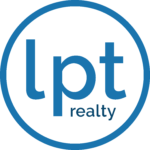Las Vegas Home Sales: The Buyer’s Guide
Las Vegas, a city synonymous with bright lights, world-class entertainment, and endless opportunities, is more than just a vibrant playground. Beneath the glitz and glamour lies a dynamic real estate market, ripe with possibilities for prospective homeowners. Whether you’re drawn to the bustling Strip, serene suburbs, or the breathtaking vistas of the surrounding desert, buying a home in this iconic city is an adventure in itself. However, navigating the complexities of the Las Vegas housing market can be daunting without the right guidance. In this comprehensive buyer’s guide, we aim to illuminate the path for those looking to invest in their own slice of this captivating oasis. From understanding local market trends to securing financing and finalizing your dream home, we’ll provide valuable insights and practical tips to help you make informed decisions in the bustling realm of Las Vegas home sales. So, grab your sunglasses and let’s embark on this journey to uncover the keys to your future home in the Entertainment Capital of the World.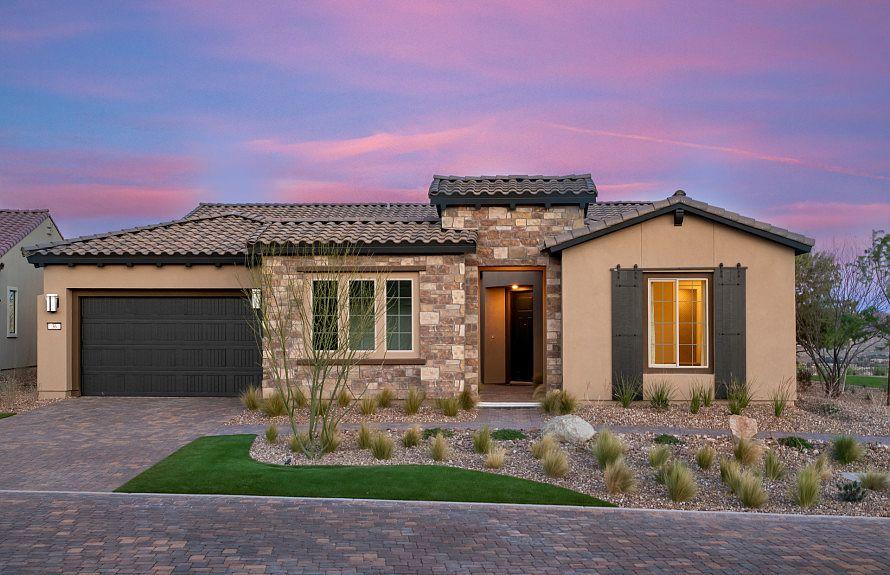
Understanding the Las Vegas Real Estate Market Dynamics
Las Vegas, known for its vibrant entertainment scene, also boasts a complex real estate market influenced by various factors. Understanding the dynamics of this market is crucial for buyers seeking to make informed decisions. Here are some key elements that shape the landscape:
- Population Growth: An influx of new residents drives demand, leading to rising home prices and a competitive buying environment.
- Economic Diversification: While tourism remains a primary industry, sectors like technology and healthcare are expanding, creating job opportunities that attract buyers.
- Seasonal Trends: The Las Vegas market often experiences fluctuations based on the time of year; spring and summer typically see a surge in listings and sales.
- Financing Conditions: Mortgage rates and lending criteria can significantly impact buyer purchasing power, making it vital to stay informed about current financial climates.
Furthermore, local regulations and neighborhood characteristics also play substantial roles in shaping buyer experiences. It’s essential to consider:
| Factor | Impact on Buyers |
|---|---|
| HOA Regulations | May affect property maintenance and lifestyle choices. |
| School District Ratings | Affects family-oriented buyers looking for long-term investments. |
| Future Developments | New constructions can enhance value but may lead to temporary disruptions. |
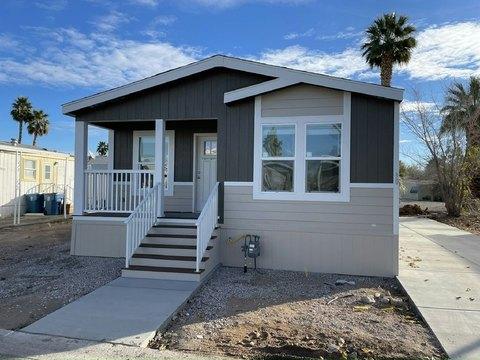
Identifying the Right Neighborhoods for Your Lifestyle
Finding a neighborhood that perfectly aligns with your lifestyle requires careful consideration and research. Start by assessing your priorities; whether it’s proximity to work, access to nature, or a vibrant social scene, knowing what matters most to you will help narrow down your options. Here are some essential factors to keep in mind:
- Commute Time: Evaluate how long it takes to reach your workplace or essential amenities.
- Safety: Research crime rates and community safety programs in potential areas.
- Schools: Look into school districts, even if you don’t have children now; they can influence property values.
- Nearby Amenities: Consider access to grocery stores, hospitals, parks, and recreational facilities.
Another vital aspect is the community vibe that resonates with you. Some neighborhoods excel in family-friendly environments, while others are teeming with nightlife and entertainment options. Understanding your ideal social landscape can enhance your living experience. To help visualize the options, consider the following types of neighborhoods:
| Neighborhood Type | Characteristics |
|---|---|
| Family-Oriented | Quiet streets, parks, and schools. |
| Urban | High-rise apartments, restaurants, nightlife. |
| Suburban | Spacious houses, community events, low traffic. |
| Gated Communities | Security, exclusivity, and amenities like pools. |
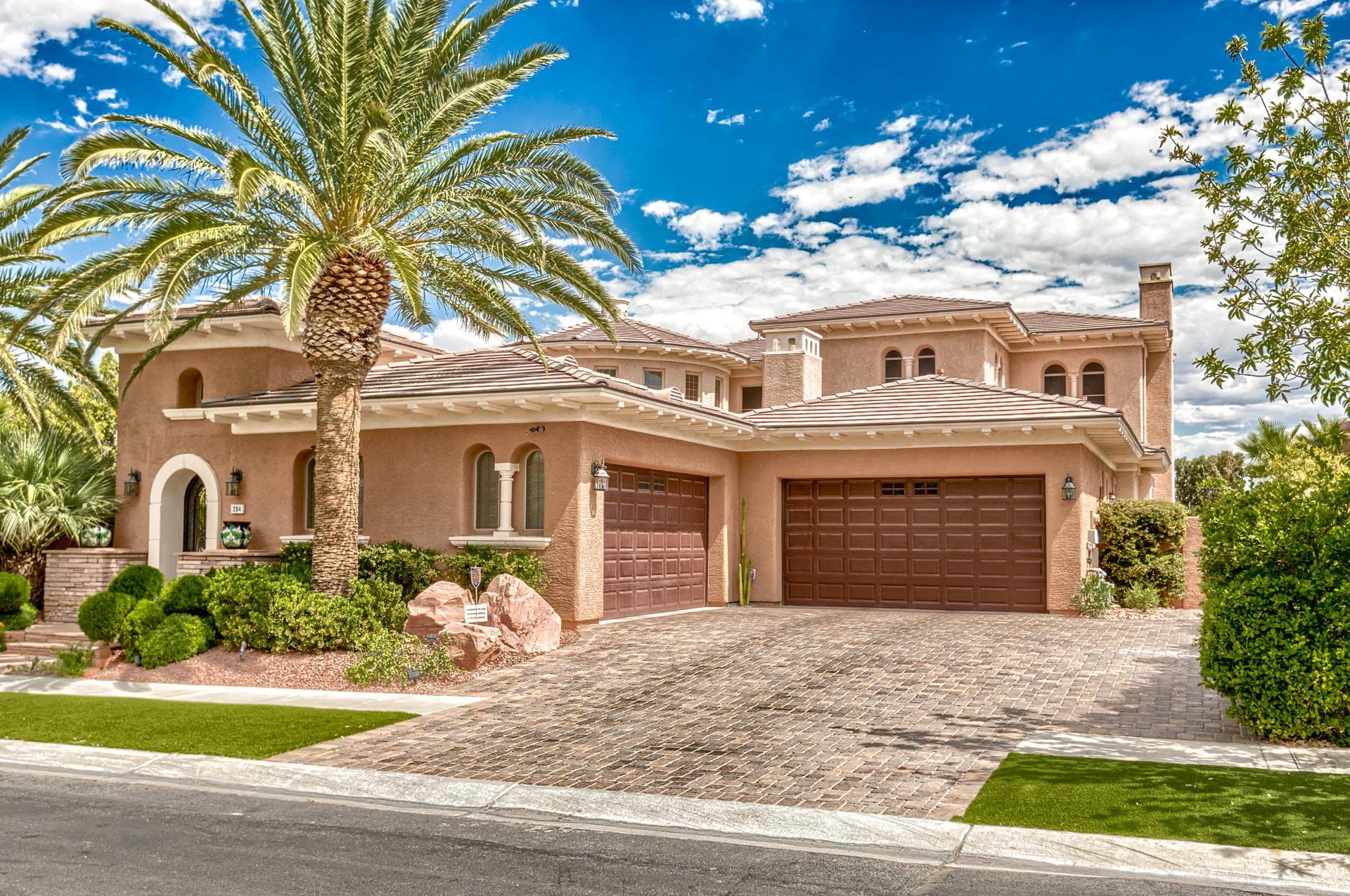
Financing Options and Strategies for Home Buyers
When venturing into the Las Vegas housing market, understanding various financial avenues can empower home buyers to make informed decisions. Conventional loans are a popular choice, typically requiring a down payment of 20%, which can provide favorable interest rates. However, for those who may struggle with the down payment, FHA loans can be advantageous due to their lower requirements, allowing down payments as low as 3.5%. Additionally, VA loans are an excellent option for veterans and active military members, offering zero down payment and competitive interest rates. Other alternatives include USDA loans, designed for rural properties, which also promote low or zero down payment options for eligible buyers.
Incorporating various financing strategies can further augment your purchasing power. One effective method is to explore first-time homebuyer programs, often provided by state and local governments, which can offer grants, tax credits, or reduced mortgage insurance. Buyers can also consider utilizing gift funds from family members to cover some or all of their down payment. Lastly, engaging with a knowledgeable mortgage broker can unlock access to multiple lenders and help identify the best rates and terms tailored to individual financial situations. Remember, understanding the true cost of home ownership extends beyond the initial purchase; budgeting for ongoing maintenance, property taxes, and potential association fees is crucial.
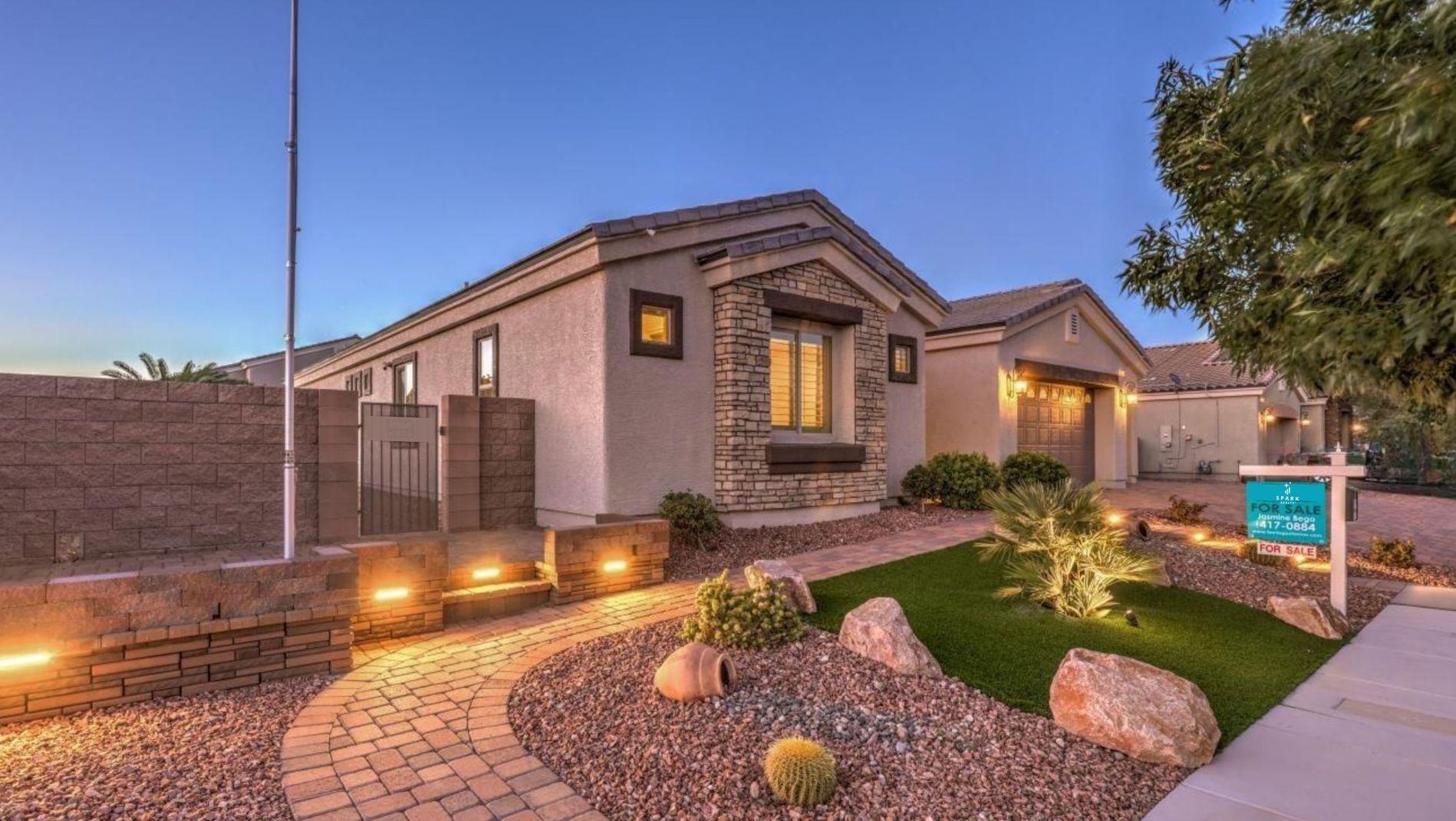
Navigating the Closing Process: Steps to Secure Your New Home
Once you’ve found your dream home in Las Vegas, the next critical phase is navigating the closing process. This involves several key steps that can make or break your buying experience. First and foremost, conduct a final walkthrough of the property to ensure everything is in order and all agreed-upon repairs have been made. After this, your lender will require you to prepare necessary documents, including the Loan Estimate and Closing Disclosure, which outline your loan terms and closing costs. Paying close attention to these documents can help prevent any surprises at closing.
Next, you’ll want to gather important information and be prepared for the final signing. This includes ensuring you have your earnest money deposit, home insurance, and funds for closing costs ready. Here’s a quick checklist to keep you organized:
- Review the Closing Disclosure for accuracy.
- Prepare a valid photo ID for identification.
- Bring a certified check or proof of funds for any remaining balance.
- Schedule your closing appointment with all involved parties.
During the closing meeting, you’ll sign a plethora of documents, and the keys to your new home will be handed over. Be sure to ask questions at any point to ensure you’re comfortable with your new responsibilities as a homeowner.
Q&A
Q&A: Las Vegas Home Sales – The Buyer’s Guide
Q1: What makes Las Vegas an attractive market for home buyers?
A: Las Vegas offers a unique blend of entertainment, outdoor activities, and a growing economy that attracts diverse populations. With its relatively low cost of living compared to other major U.S. cities, no state income tax, and a robust job market, buyers find plenty of opportunities for investment and lifestyle.
Q2: What are the current trends in the Las Vegas housing market?
A: As of late 2023, the Las Vegas real estate market is showing signs of stabilization after a period of intense price growth. Inventory levels have increased, giving buyers more options and slightly less competitive pressure. However, interest rates are still affecting affordability, prompting many to explore a variety of financing options.
Q3: How can buyers prepare for purchasing a home in Las Vegas?
A: Preparation is key! Start by determining your budget, getting pre-approved for a mortgage, and researching neighborhoods that meet your lifestyle needs. Consider working with a local real estate agent who can provide insights into market dynamics and help identify the best opportunities.
Q4: Are there specific neighborhoods in Las Vegas that are particularly popular among buyers?
A: Yes! Neighborhoods like Summerlin and Henderson are favored for their schools, parks, and community amenities. The Downtown Arts District and Tivoli Village offer more urban vibes with trendy restaurants and shops. Buyers looking for luxury might explore areas like The Strip or Anthem, while those seeking more family-friendly atmospheres often turn to Centennial Hills.
Q5: What types of homes are primarily available in Las Vegas?
A: Las Vegas boasts a variety of housing styles, from single-family homes and townhouses to luxury condos and high-rise apartments. Many new developments are focused on modern designs and energy-efficient features. Don’t forget to explore different architectural styles reflecting the city’s vibrant culture.
Q6: What are the common pitfalls for buyers in the Las Vegas market?
A: One major pitfall is underestimating the total costs involved in home buying. Beyond the purchase price, buyers should budget for closing costs, property taxes, and homeowner association (HOA) fees, especially for communities with shared amenities. Another is not thoroughly researching the market—the more informed you are, the better decisions you can make.
Q7: How can buyers navigate the competition in the Las Vegas market?
A: In a competitive market, presenting a strong offer is crucial. This can mean being flexible with closing dates, understanding appraisal values, and occasionally waiving contingencies. However, avoid overextending your budget; stick to what you can afford. Additionally, working with an experienced agent can aid in negotiating and understanding local dynamics.
Q8: Are there any incentives or programs for first-time home buyers in Las Vegas?
A: Yes! Nevada offers various assistance programs, including down payment grants and first-time home buyer loans with favorable terms. It’s worth checking with local housing authorities and mortgage lenders for any programs that match your needs, as they can ease the financial burden and make home ownership more accessible.
Q9: How important is it to consider long-term resale value when buying in Las Vegas?
A: Extremely important! While it’s essential to find a home that meets your current needs, considering the potential resale value can save you headaches down the road. Research neighborhood trends, school districts, and future development plans to gauge the long-term viability of your investment.
Q10: What resources can home buyers use to stay informed about the Las Vegas market?
A: Home buyers can utilize a range of resources including real estate websites, local news outlets, and market reports from real estate agencies. Joining community forums or social media groups focused on Las Vegas real estate can also provide tips and firsthand experiences. Networking with local professionals and attending open houses further enhances your market knowledge.
By answering these questions, we hope to provide a comprehensive overview for potential buyers looking to navigate the dynamic landscape of Las Vegas home sales. Happy house hunting!
Insights and Conclusions
navigating the Las Vegas real estate market requires a blend of strategy, insight, and timing. As you embark on your home buying journey in this vibrant city, remember that knowledge is your greatest ally. From understanding local market trends to knowing the essential financing options, every piece of information brings you one step closer to finding your dream home.
Whether you’re drawn by the allure of the Strip, the charm of its neighborhoods, or the promise of diverse amenities, Las Vegas offers a unique tapestry of living experiences. Take the time to explore, ask questions, and connect with trusted professionals who can guide you through this exciting process.
As the sun sets over the desert skyline, remember that your ideal Las Vegas home is not just a place to live, but a canvas for new memories and adventures. Embrace the journey ahead and let it lead you to a future filled with possibilities. Happy house hunting!


